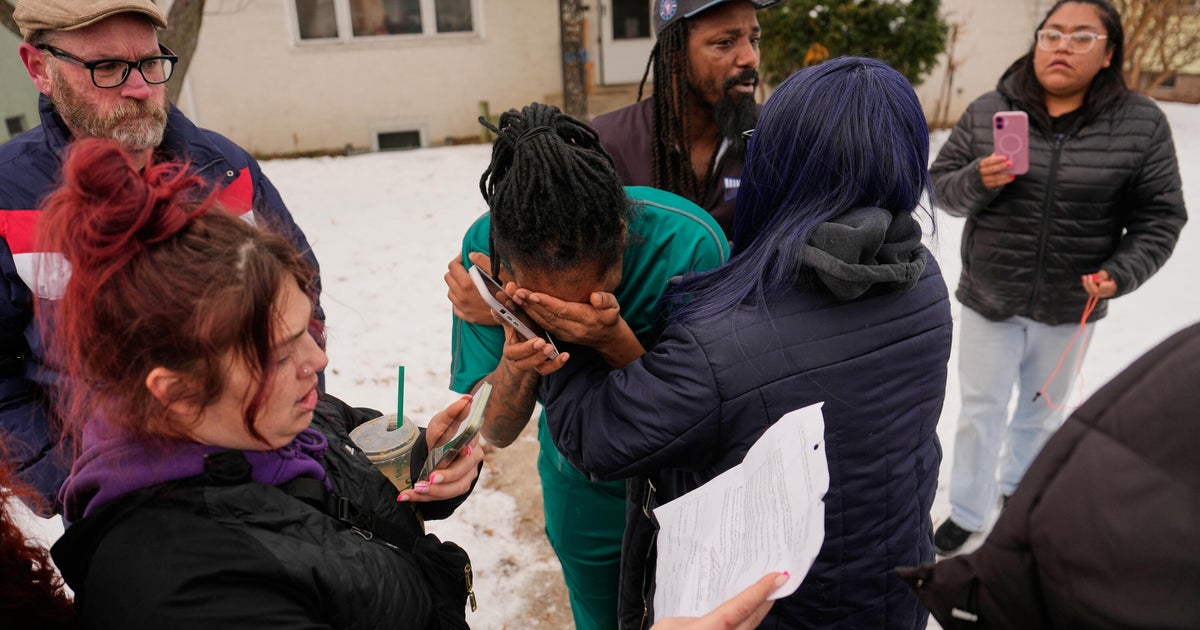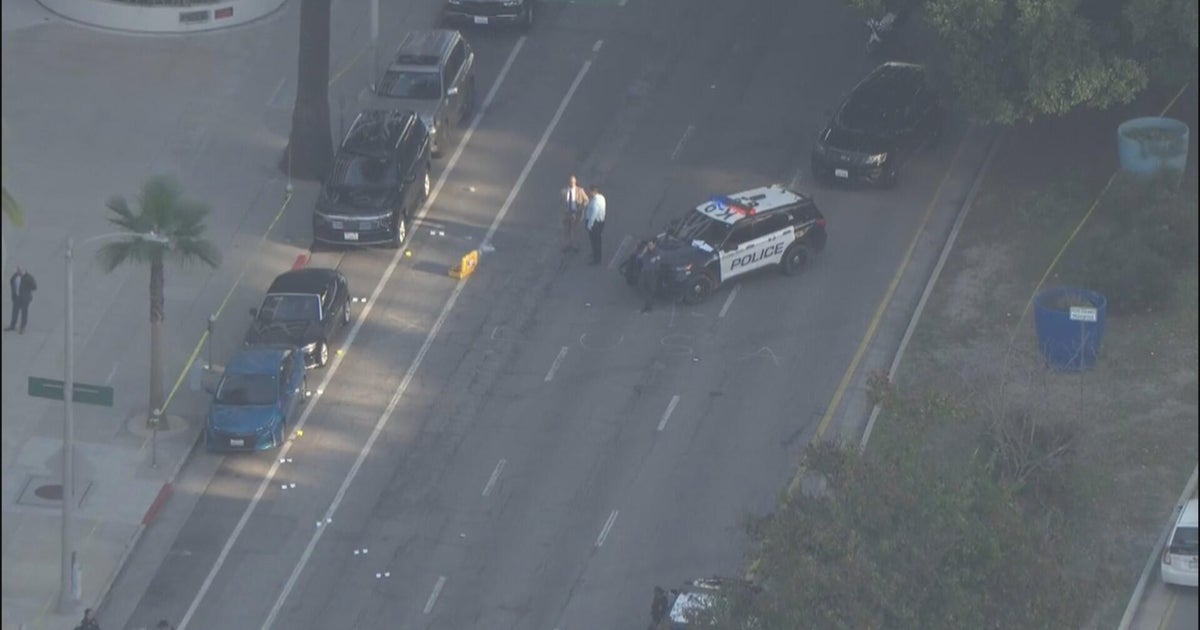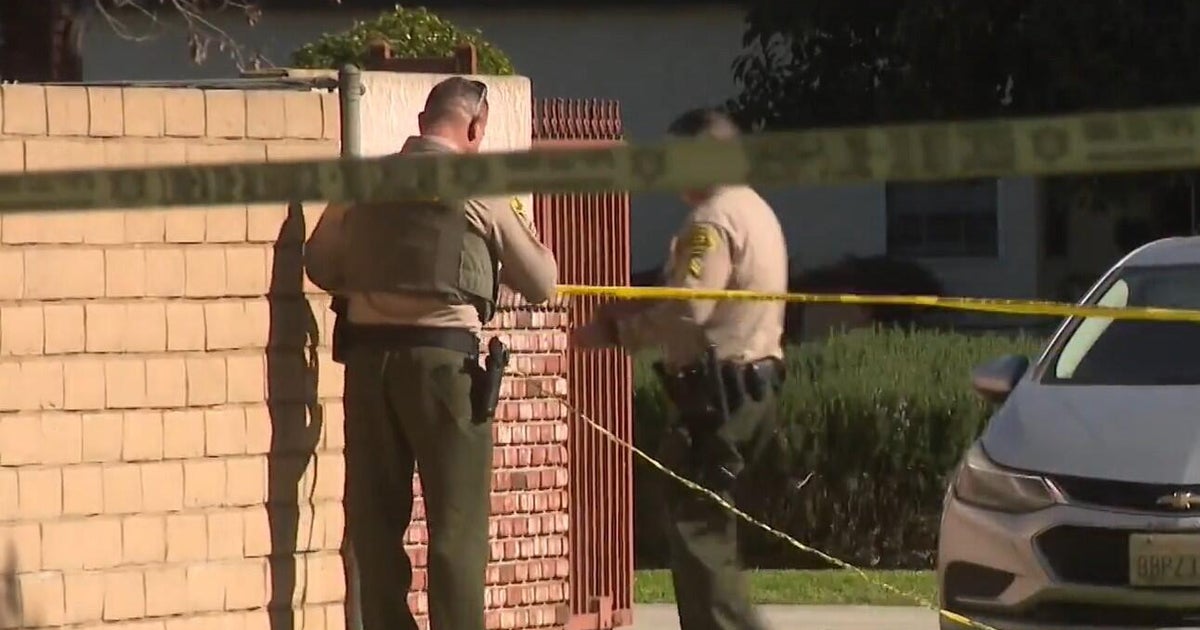Minnesota Supreme Court in self-defense ruling: Retreat before brandishing a weapon
ST. PAUL, Minn. — The Minnesota Supreme Court on Wednesday affirmed a decision that one does not have the right to use deadly force in a situation where they feel threatened if they have the opportunity to escape.
The court decided the principle also applies to people who merely use the threat of force — meaning one cannot pull a weapon in self-defense if there are other means to escape, even if the person is threatening them with death or bodily harm.
The ruling comes after Earley Blevins was convicted of felony second-degree assault-fear with a dangerous weapon for pulling a machete out on a light rail train platform in downtown Minneapolis. Belvins appealed his conviction, saying he had the right to defend himself.
In June 2021, Blevins started arguing with a woman at the light rail train platform when another man threatened him with a knife. That's when Blevins took out his machete and the man and woman backed away. He continued to yell and swing the machete at them for a minute, court documents say.
The court ruled Blevins had a reasonable opportunity to retreat and failed to do so.
Justice Margaret Chutich wrote that in the 4-2 majority opinion that, "We hold that a person claiming self-defense has a duty to retreat when reasonably possible" before using a deadly weapon.
Blevins argued in the appeal that the duty to retreat when reasonably possible "should not apply when a person uses 'non-physical' force to resist an offense," the ruling reads.
In response, the appeals court wrote, "Requiring reasonable retreat will still permit people to reasonably defend themselves but will also serve to end altercations and prevent escalation to the point that someone actually uses physical force and causes bodily harm or death."
In the dissenting opinion, Justice Paul Thissen calls the decision "unprecedented in the United States" and said it "flies in the face of human nature."
He continued that the court's ruling makes the definition of a dangerous weapon too broad.
"The outcome leads to a different set of unreasonable outcomes: for instance, a woman walking down a dark street could not hold her key in her fist in a threatening manner to deter an attacker (she must retreat first if possible)," Thissen said.
Justice Karl Procaccini also dissented while Justice Sarah Hennsey did not participate.







